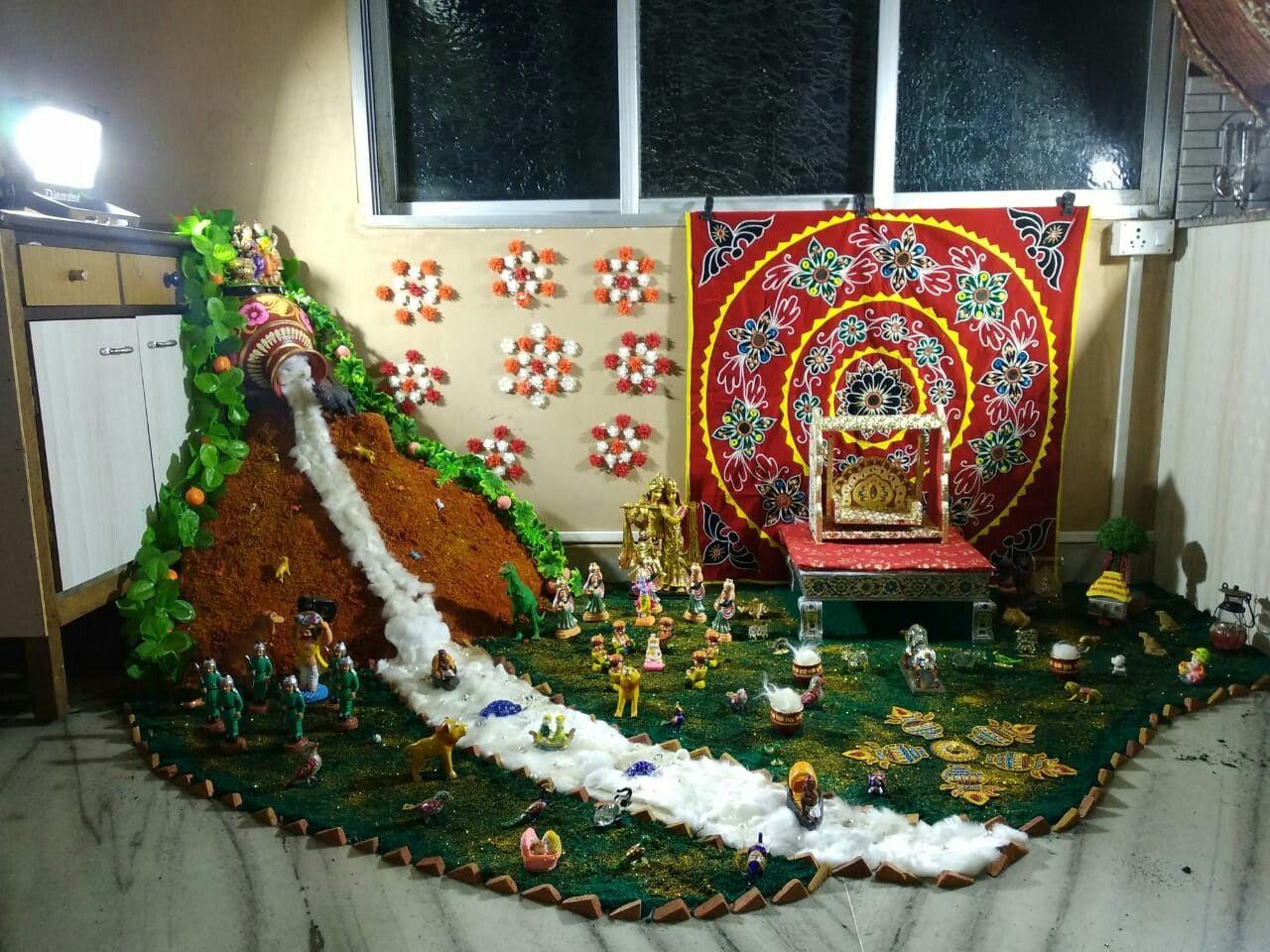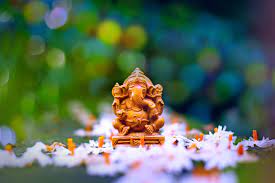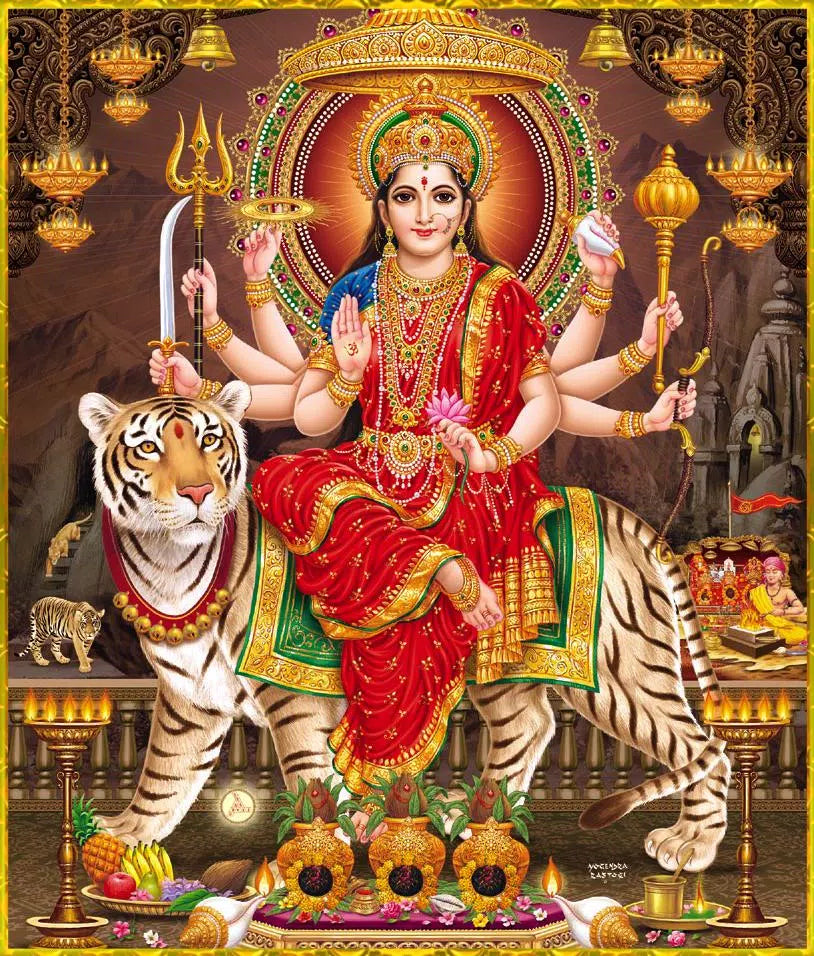
The history and significance of the Janmashtami festival
Janmashtami is one of the most important Hindu festivals celebrated across India and in different parts of the world. The festival marks the birth of Lord Krishna, who is considered to be one of the most popular and beloved deities in Hinduism. In this blog, we will explore the history and significance of the Janmashtami festival.
History of Janmashtami
The history of Janmashtami is rooted in Hindu mythology and is based on the life and teachings of Lord Krishna. According to Hindu mythology, Lord Krishna was born in Mathura to King Vasudeva and Queen Devaki. At the time of his birth, the kingdom was ruled by King Kansa, who was the maternal uncle of Lord Krishna. Kansa had been told by a prophecy that the eighth child of Devaki would kill him, and thus, he imprisoned Devaki and Vasudeva and killed their first seven children.

However, when Lord Krishna was born, Vasudeva was able to smuggle him out of the prison and take him to the village of Vrindavan, where he was raised by his foster parents, Yashoda and Nanda. Lord Krishna grew up to be a great warrior, philosopher, and teacher, and his life and teachings are chronicled in the epic tale, the Mahabharata.
Significance of Janmashtami
Janmashtami is a festival that holds great significance for Hindus, and is celebrated with great devotion and enthusiasm throughout the country. The festival is a celebration of the birth of Lord Krishna, who is believed to be the embodiment of love, wisdom, and strength. He is also considered to be an avatar, or incarnation, of Lord Vishnu, one of the most important deities in Hinduism.

The festival is also a symbol of the victory of good over evil, and is celebrated as a reminder of the power of the divine to overcome all obstacles and challenges. It is a time for reflection, devotion, and celebration, and is considered to be one of the most auspicious days in the Hindu calendar.
Rituals and Traditions of Janmashtami
The Janmashtami festival is marked by various rituals and traditions, and is celebrated in different ways in different parts of the country. One of the most important traditions associated with the festival is the puja, or the ritualistic prayer, that is performed in honor of Lord Krishna.
The puja is performed by devotees in their homes or in temples, and involves the offering of flowers, sweets, fruits, and other offerings to Lord Krishna. The devotees also sing hymns and bhajans, or devotional songs, in praise of Lord Krishna, and offer prayers for his blessings and protection.

The festival is also marked by the performance of various cultural and religious activities, such as the decoration of temples and homes with lights and flowers, the preparation and sharing of sweets and delicacies, and the enactment of plays and dramas based on the life and teachings of Lord Krishna.
Another important tradition associated with the festival is the dahi handi, which involves the breaking of a pot of curd hung high up in the air. This tradition is based on the childhood of Lord Krishna, who was known for his mischievous antics and his love for butter and curd.
Conclusion
In conclusion, Janmashtami is a festival that celebrates the birth of Lord Krishna, one of the most popular and beloved deities in Hinduism. The festival is celebrated with great enthusiasm and devotion throughout India and in different parts of the world, and is a symbol of love, wisdom, and strength. Through its rituals and traditions, the festival teaches us the importance of devotion, reflection, and celebration, and reminds us of the power of the divine to overcome all obstacles
Author
Darshita Nautiyal
(The images used in this podcast are not owned by Anime Devta, they are just to help the readers)

